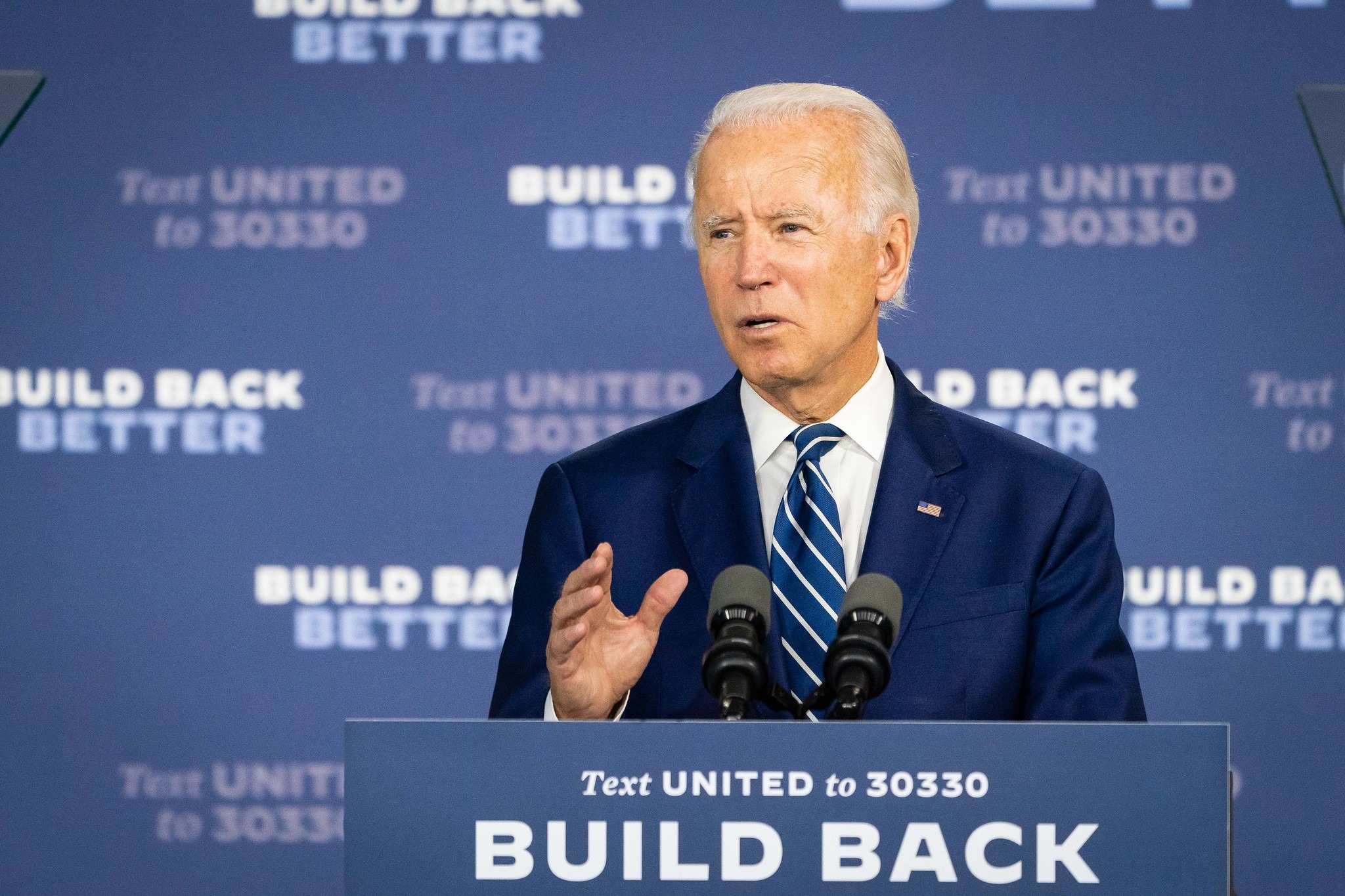
Odd couple pairings of politicians used to be a thing in British media. Labour’s Diane Abbott and Thatcherite Michael Portillo famously shared a sofa on the politics show This Week, drawing huge late-night audiences. Left-wing feminist Jess Phillips and Conservative right-winger Jacob Rees-Mogg were paired up on Sky News on Sunday mornings, raising both their profiles, but arguably benefiting Rees-Mogg more, strengthening his reputation as a fun “eccentric”.
At best, these oddball pairs demonstrated that politics was conducted by human beings, who could agree while disagreeing. At worst, though, it implied that politics was a mere game to be enjoyed by privileged players. Perhaps thankfully, such infotainment partnerships are no longer in fashion. With an 80-seat Conservative majority in the House of Commons, a far more valuable and serious kind of cross-party couple has appeared: focused on single issues that require collaboration.
For instance, the unusual pair of Rupa Huq, the pro-Remain Labour MP for Ealing, and David Davis, the pro-Brexit former Tory minister. They teamed up earlier this year to press the government to promote Vitamin D awareness and supplements for BAME people, as part of a strategy to reduce Covid death rates among some of the nation’s disadvantaged communities. As Huq told me: “Sometimes for the greater good it makes sense to work across the aisle even if, for the tribal, it might feel like fraternising with the enemy.”
This impulse to work beyond party lines also fuelled a major campaign to combat non-fatal strangulation – overwhelmingly used by men against women in domestic violence attacks. This January, women’s rights campaigners, Labour and Conservative MPs and peers joined forces to push for the act to be made a specific offence in a new crime and justice bill.
Over in the US, President Joe Biden has pledged to heal his bitterly divided nation. Watching from Britain, I wonder if we can learn from his attempt. In the recent Christopher Nolan film Tenet, the heroes watch themselves taking part in battles unfolding backwards in time, through the glass partition of a giant time machine, barely minutes before they happen. They can avoid disaster, but only if they absorb the lesson fast enough. It feels as though America’s past four years are on the other side of the glass. But are we learning in time?
***
What about Britain’s reaction to the storming of the Capitol? Most of us watched in horror, with politicians from all parties condemning the riot: the culmination of a deliberately fomented culture war, fed by America’s unregulated media landscape, motivated by big profits.
But only days after it happened, Britain’s Housing and Environment Minister Robert Jenrick found time to declare a war on “woke militants” in the strongly government-allied newspaper The Daily Telegraph. He said these militants want to “censor our past” by taking down historical statues, such as that of the slave trader Edward Colston, which was pulled down in Bristol during a Black Lives Matter protest last summer.
The Equalities Minister Liz Truss then declared her own war on wokeness in a speech entitled Fight For Fairness. There would be an end to unconscious bias training in government and the civil service, an end to “quotas and targets”, and an end to an emphasis on “equality of outcome”. She implied that “white working-class children” had been unfairly excluded, as if there had not been common ground with other groups.
Both Jenrick’s piece and Truss’ speech seemed designed to stoke the culture war already gaining ground in Britain, raging on talk radio and some right-wing papers.
On tackling this, the strategy of the new head of the race equality think tank Runnymede, Dr Halima Begum, is worth watching. “There’s nothing wrong with the values of the Conservative party,” she told the Guardian in a recent interview. She said she was committed to working with the Prime Minister, and had already met some of his advisers, but challenged some controversial government appointments to key posts on the Equalities Commission, saying they were part of a deliberate plan “to work up white nationalism for the next elections”.
This is a new approach – expressing a public willingness to cooperate across party lines, while throwing down a gauntlet of your own. In the age of the culture war, when Britain must do its best to avoid US-style polarisation, I wonder if it isn’t the smartest way ahead.
This article is from the New Humanist spring 2021 edition. Subscribe today.

